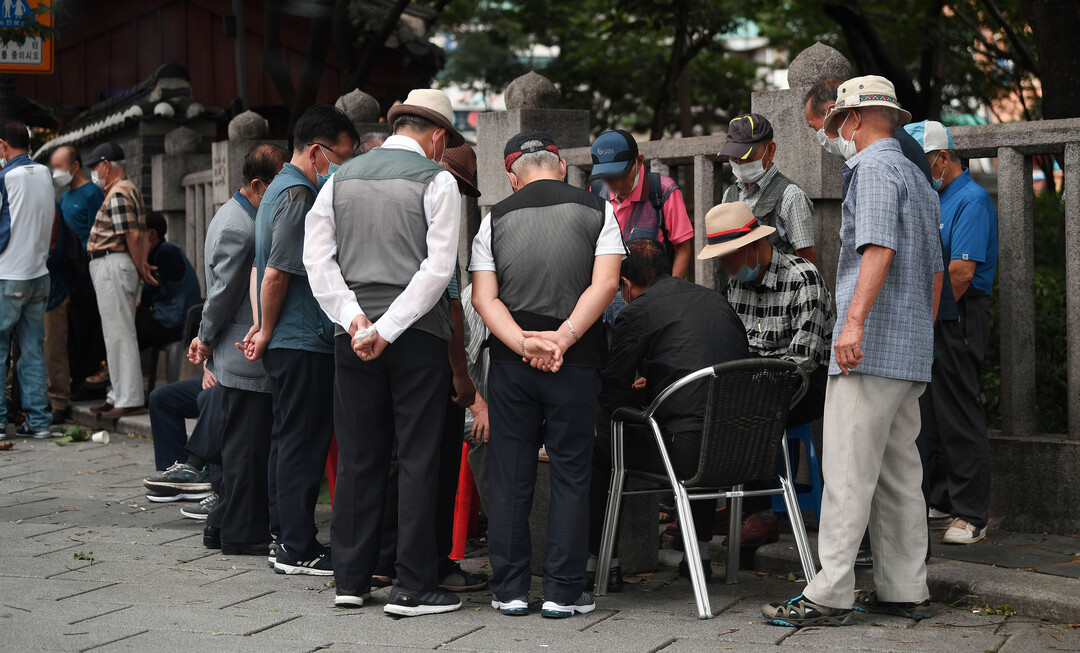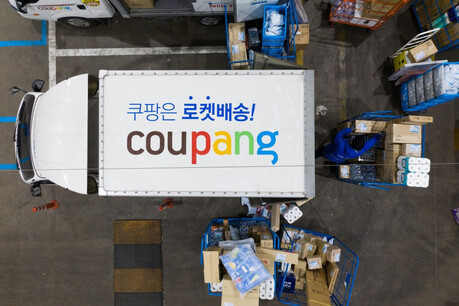
Seoul, South Korea – South Korea’s elderly population is grappling with a paradox: despite having the highest employment rate among OECD countries, they also suffer from the highest poverty rates. A 2020 survey revealed that 40.4% of South Koreans aged 65 and over live below the poverty line, with this figure rising to 52% for those aged 75 and above.
The primary reason behind this alarming situation is the country’s inadequate public pension system. Unlike many Western nations, South Korea only introduced a national pension system in 1988, leaving many elderly individuals with insufficient pension benefits. Consequently, a significant portion of the elderly population is forced to continue working in low-paying and unstable jobs to make ends meet.
Key Issues:
Low public pension benefits: South Korean seniors receive significantly lower public pension benefits compared to the OECD average.
High reliance on labor income: Many elderly individuals rely heavily on income from labor, often working in low-paying and precarious jobs.
Pension gaps: Elderly individuals with shorter national pension insurance periods receive lower or no benefits, creating significant pension gaps.
Internal disparities among the baby boomer generation: Self-employed individuals and those with regional insurance status receive significantly lower pension benefits compared to wage earners.
Solutions:
Expanding basic pension: The government should increase basic pension benefits for vulnerable elderly individuals to ensure a minimum standard of living.
Reforming the national pension system: The national pension system should operate based on the principle of income proportionality, and additional measures should be implemented to support individuals with shorter insurance periods.
Improving the quality of elderly employment: The government should create more high-quality jobs for the elderly to reduce their reliance on low-paying and unstable work.
Experts predict that the elderly poverty rate may improve slightly in the next decade as the baby boomer generation reaches old age. However, they emphasize the urgent need for fundamental reforms to the pension system to address this pressing issue.
[Copyright (c) Global Economic Times. All Rights Reserved.]




























